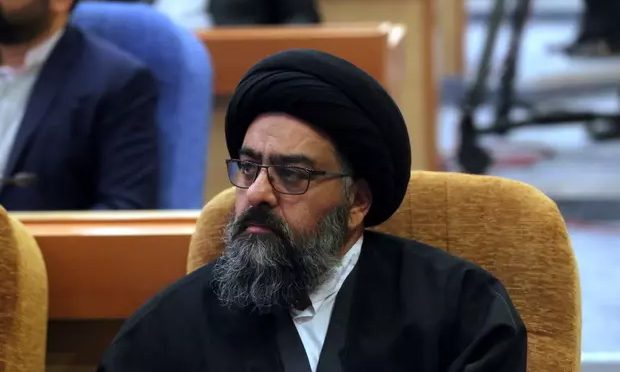Hujjat al-Islam wal-Muslimeen Mohammad Kahvand, in an exclusive interview with Contemporary Fiqh:
Subject Identification in Jurisprudential Books on Media and Cyberspace is Weak!
Jurisprudence of Governance in Cyberspace/3
Hujjat al-Islam wal-Muslimeen Mohammad Kahvand has been active in the field of cyberspace and computer games for years. This insightful cleric has made cyberspace his primary concern for several decades and is seriously engaged in this field. Producing a large number of computer games and establishing a private company for producing these games is part of his activities. We spoke with him about governance in cyberspace and its essence, dimensions, and requirements. While expressing the requirements of governance in cyberspace, he believes that fundamentally, there is no control or governance over cyberspace in our country! The full text of the exclusive interview of Contemporary Fiqh with the member of the Cyberspace Steering Committee of the Center for Management of the Seminary is as follows: Read more …

